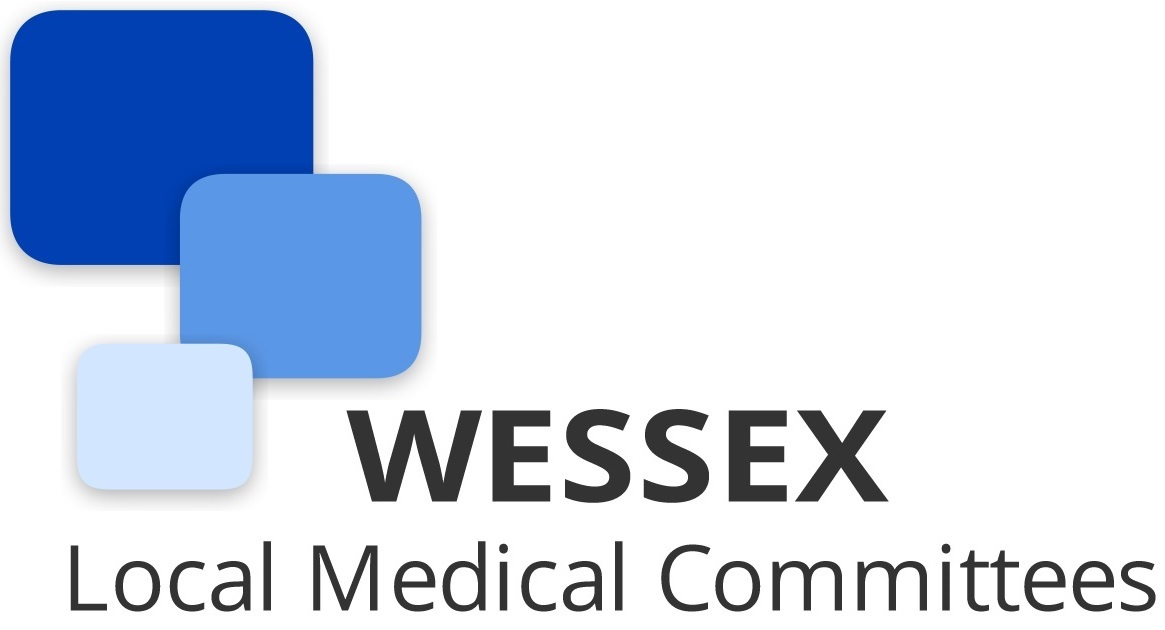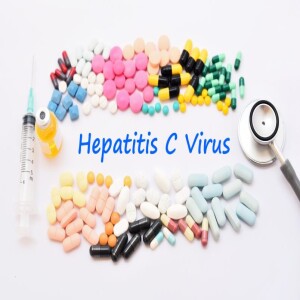Wessex LMCs Podcasts
Welcome to Wessex LMCs podcasts. We will share good ideas, challenge your thoughts and introduce you to interesting people and projects all to support you in your work in general practice. The world of general practice is getting busier and busier, so why not listen to one of our audio podcasts whilst you are driving, at the gym, or during a break. We will share good ideas, challenge your thoughts and introduce you to interesting people and projects all to support you in your work in general practice. Do remember to record the time you have spent listening to our podcasts for your CPD. The views, thoughts, and opinions expressed in podcasts and webinars are guest speaker’s own and do not represent the views, thoughts, and opinions of Wessex LMCs. The material and information presented here is for general information purposes only. The Wessex LMC name and all forms and abbreviations are the property of its owner and its use does not imply endorsement of or opposition to any specific organisation, product, or service.

Who are we?
Wessex Local Medical Committees (LMCs) is the representative team, on behalf of the LMC Committees, covering all GPs and their Practices, operating across the counties of Dorset, Hampshire and the Isle of Wight, Bath & North East Somerset, Swindon and Wiltshire. We also provide services to the Islands of Jersey and Guernsey.
Find us at www.wessexlmcs.com
Episodes

3 days ago
3 days ago
An opportunity for PMs to hear the latest guidance for practices from the team at Wessex LMCs.
Please see www.wessexlmcs.com/guidance/practice-manager-updates/ for slides and resources referred to in this recording.

Wednesday Jun 25, 2025
Wednesday Jun 25, 2025
Dr Laura Edwards, Joint CEO at Wessex LMCs, and Bryony Allen, Chair of Hampshire Local Optical Committee, discuss all things relating to opticians.
How are they trained?
Who can receive NHS services?
Why can’t opticians refer directly?
How are things in the world of optometry?
All this and more...

Thursday Jun 12, 2025
Thursday Jun 12, 2025
An opportunity for PMs to hear the latest guidance for practices from the team at Wessex LMCs.
Please see www.wessexlmcs.com/guidance/practice-manager-updates/ for slides and resources referred to in this recording.

Thursday May 29, 2025
Thursday May 29, 2025
An opportunity for PMs to hear the latest guidance for practices from the team at Wessex LMCs.
Please see www.wessexlmcs.com/guidance/practice-manager-updates/ for slides and resources referred to in this recording.

Wednesday May 28, 2025
Wednesday May 28, 2025
In the fifth podcast of our Innovation Series, we take a look at whether innovation using technology and automation is suitable for all practices. Jenny Partridge (Innovation Manager, Kent, Surrey, Sussex) speaks to Practice Manager Shaun Austin about how to position trying new ways of working if the practice staff are comfortable working in a traditional way. They discuss lab results automation, how safe it is clinically, and how you can find out more about automation to assure yourself on its effectiveness.
Non-clinical uses of automation and AI are often an easier place to start and build confidence in the benefits of technological solutions; for example helping patients to register more easily or providing website assistants to help patients navigate to the services they need.

Thursday May 22, 2025
Thursday May 22, 2025
Professor Ryan Buchanan (Wessex Clinical Hepatitis C Lead) and Dr Nicholas Ballantyne (Wessex Clinical Hepatitis C GP Champion) talk to Dr Laura Edwards (Joint CEO Wessex LMCs) about the complete transformation in treatment approach and outcomes for Hepatitis C and talk about the possibility of elimination of this disease. Listen to this good news story and share the positive message.
Look at HepCulater: https://www.hepculater.com/ for more resources and for self referral for free NHS testing and follow up for your patients.

Wednesday May 21, 2025
Wednesday May 21, 2025
This is the fourth episode in our Innovation podcast series.
Alex Kimber, Managing Partner at The Grove Medical Centre & Wessex PM Supporter is keen to use innovation to find solutions. Alex talks to Jenny Partridge, Innovation Manager at Health Innovation Kent, Surrey, Sussex about the recording of consultations, registration processes & an efficient use of time using meeting-recording software. As ever change management and the funding of innovation is discussed and the podcast is hosted by Louise Greenwood, Director of Education & Training, Wessex LMCs.

Friday May 16, 2025
Friday May 16, 2025
Introducing a new product or way of working can be seen as the way to fix a problem, but why is it that an innovation that works well for one practice does not work so well for a neighbouring practice?
What is it that helps an innovation be introduced successfully?
In the third of our innovation podcast series, Jenny Partridge, Innovation Manager at Health Innovation Kent, Surrey, Sussex and Louise Greenwood, Director of Education & Training at Wessex LMCs discuss some of the findings from discussions with practices who have all implemented the same innovation, but with widely varying results. Learn what you can do to help ensure that the innovation you introduce works well.
Automation of admin tasks – examples of products & further reading
BetterLetter
GP Automate
Healthtech1
Rapid Health
Case study: Transforming primary care access and efficiency through Smart Triage
An evaluation of Rapid Health’s Smart Triage at The Groves Medical Centre
eGPlearning – eGPlearning (episodes 488 & 489)
Administrative triage using digital tools in General Practice – elearning for healthcare
Digital Resources Hub | Health Innovation Wessex
Innovation Portal – Health Innovation South West

Thursday May 15, 2025
Thursday May 15, 2025
In this podcast, Zoe Tobin, Nurse Advisor for Wessex LMCs is kindly joined by Dr Kate Szymankiewicz, a GP in a Wiltshire practice, with a specialist interest in Tourette's syndrome and young people’s mental health, to raise awareness around the syndrome and in particular the role of the GP in the patient’s journey and diagnosis, the podcast will cover:
What is Tourette’s Syndrome - is there a known cause, other co- existing conditions and associated stigma and challenges of living with the syndrome
How do you diagnose - when do the symptoms first present, can this develop at anytime to anyone, what is the difference between experiencing ‘ticks’ and a diagnosis of Tourette’s Syndrome
How can we support the individual and family post diagnosis - impact a diagnosis can bring for the individual and their family, strategies to support them.
What support is available for the individual and their families - where can we signpost for further support.
Where can I access learning support as a clinician - e-learning modules and further resources.
Supporting resources:
e-learning modules:
TA website Tourettes Action eLearning Module (tourettes-action.org.uk)
NHS Learning Hub - Resource (learninghub.nhs.uk)
Tourette’s Action homepage: https://www.tourettes-action.org.uk/
Functional symptoms: https://neurosymptoms.org/en/

Tuesday May 06, 2025
Tuesday May 06, 2025
An opportunity for PMs to hear the latest guidance for practices from the team at Wessex LMCs.
Please see www.wessexlmcs.com/guidance/practice-manager-updates/ for slides and resources referred to in this recording



